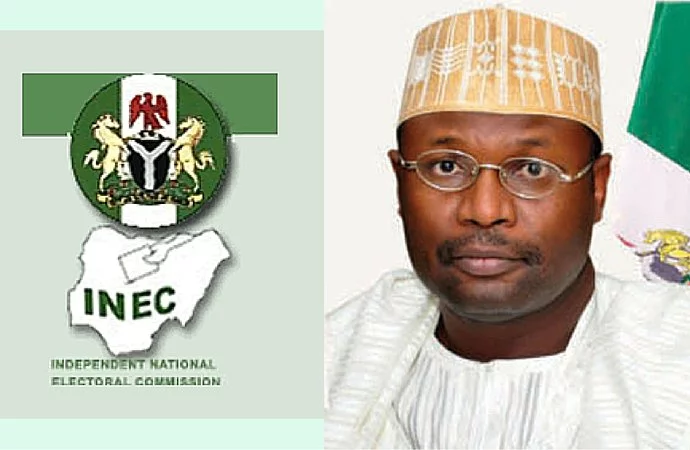Top Stories
INEC Seeks To Ban Politicians From Carrying Huge Cash On Election Day

The Independent National Electoral Commission (INEC) has urged the National Assembly to implement more stringent regulations prohibiting the possession of significant amounts of cash in polling locations.
This initiative aims to combat vote-buying and other forms of electoral misconduct.
The Pubisher Nigeria reports that during a consultative meeting held in Abuja over the weekend, which included security personnel and a technical committee focused on electoral law reforms, INEC’s Director of Litigation and Prosecution, Tanimu Muhammed, SAN, expressed serious concerns regarding the escalating issue of vote-buying, which poses a substantial risk to Nigeria’s democratic integrity.
This meeting was organized by the Joint Senate and House of Representatives Committees on Electoral Matters, in partnership with the Policy and Legal Advocacy Centre (PLAC) and with support from the UK Foreign, Commonwealth, and Development Office (FCDO).
It served as a forum for stakeholders to discuss electoral security and necessary legal changes.
The INEC representative pointed out that politicians frequently defend their possession of large sums of cash on election day by referencing payments to party agents and logistical needs.
However, he cautioned that the unregulated cash flow at polling stations has exacerbated vote-buying and undermined the credibility of elections. To mitigate this issue, Muhammed proposed that individuals should be restricted to carrying no more than ₦50,000 in polling areas.
“Vote-buying remains one of the biggest threats to credible elections in Nigeria. We need legislation that not only criminalizes this practice but also puts preventive measures in place,” Muhammed stated.
The commission has called on legislators to focus on amendments aimed at eliminating loopholes that are being taken advantage of by political figures.
In addition to concerns regarding vote-buying, officials from INEC emphasized their persistent request to create an Electoral Offenses Commission, contending that the electoral body does not possess the necessary capabilities to prosecute violators adequately.
While INEC is making efforts to manage prosecutions, there is a pressing need for a specialized institution equipped with the legal power and resources to thoroughly investigate and prosecute electoral offenses, as stated by Muhammed.
“The creation of an Electoral Offenses Commission would ensure that vote-buying, ballot snatching, and other crimes are met with swift legal action,” he added.
On his part, the Ondo Resident Electoral Commissioner, Oluwatoyin Babalola, stressed that reducing cash transactions at polling units would make it harder for politicians to influence voters with financial inducements.

